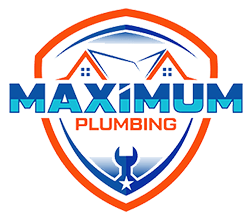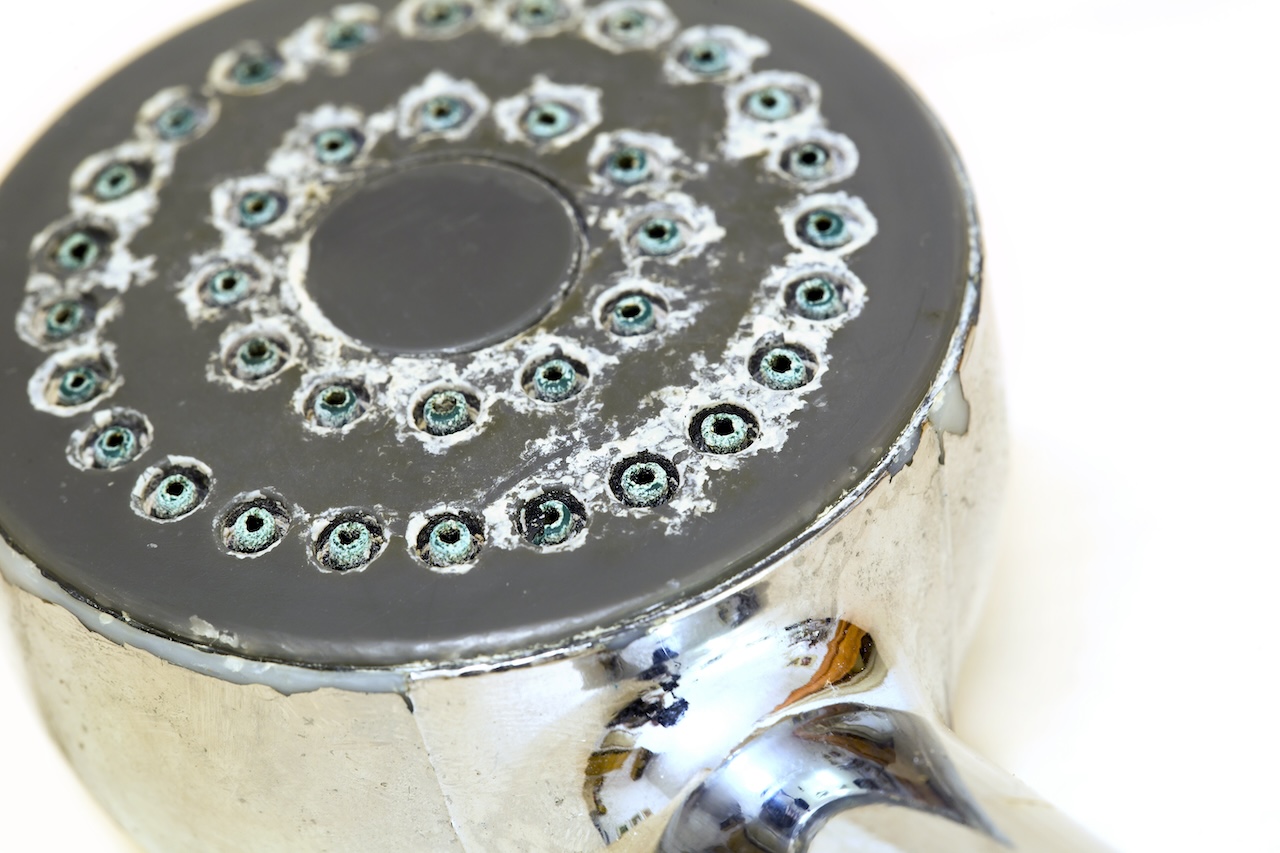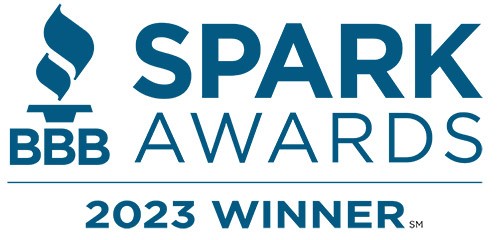How Hard Water Can Wreck Your Plumbing (And How to Stop It)
No one likes unexpected plumbing problems, especially when the culprit is invisible to the naked eye. For many homes, hard water is the culprit behind clogged pipes, low water pressure, and even damaged appliances, silently causing significant damage over time.
If you’re unsure what hard water is and why it matters, this post will break it down for you—and share some hard water solutions that can save your plumbing (and your wallet).
What Is Hard Water?
Hard water refers to water that contains high levels of dissolved minerals, primarily calcium and magnesium. While these minerals are generally safe to consume, they can wreak havoc on your home’s plumbing over time.
Water hardness is generally measured in grains per gallon (GPG). Water with over 7 GPG is considered hard, while anything below is soft; in some areas, hardness can reach 30 GPG, requiring stronger hard water solutions. According to the U.S. Geological Survey, 85% of homes in the United States have hard water to some degree. That means there’s a good chance your home could be affected too.
Signs That You Have Hard Water
Before the long-term damage sets in, hard water often leaves behind tell-tale signs that are easy to spot. Here are some of the most common indicators:
- White, chalky buildup on faucets or shower heads (this is known as limescale).
- Spots or streaks on glasses and dishes despite washing them thoroughly.
- Low water pressure caused by mineral deposits clogging pipes or shower heads.
- Dry skin and brittle hair after showers.
- Faded, stiff clothing that doesn’t last as long as you’d expect.
If any of these sound familiar, it’s time to consider hard water solutions before the problem escalates.
The Long-Term Impact of Hard Water on Plumbing
Hard water doesn’t just stop at inconvenient spots on your glassware or the frustration of low water pressure—it can seriously harm your plumbing system over time.
The minerals in hard water gradually settle and solidify inside your pipes, creating limescale buildup. This buildup restricts the flow of water, increasing pressure and forcing your plumbing system to work harder than necessary. Left unchecked, this can lead to clogs, leaks, or even burst pipes.
It doesn’t end there. Hard water can also take a toll on household appliances like water heaters, dishwashers, and washing machines. The mineral deposits reduce their efficiency and lifespan, leading to frequent repairs—or costly replacements.
How to Stop Hard Water from Wrecking Your Plumbing
Fortunately, hard water issues aren’t unavoidable. Here are some practical hard water solutions to protect your plumbing and improve your overall water quality.
Install a Water Softener
The most effective defense is to install a water softener. These systems work by removing the calcium and magnesium ions in hard water and replacing them with sodium or potassium ions. This prevents limescale buildup and ensures your plumbing and appliances stay in good condition. If you’re looking for reliable hard water solutions, a water softener is the best long-term fix.
Regular Plumbing Maintenance
Regularly inspecting and maintaining your plumbing system can help prevent hard water damage. This includes descaling faucets, showerheads, and pipes to remove any early-stage limescale buildup. Many homeowners find it helpful to pair routine maintenance with professional plumbing inspections, which can catch hard water issues before they escalate.
Use Water-Conditioning Products
There are various water-conditioning products available that can help minimize the effects of hard water. These include limescale removers and specialized detergents for dishwashers or washing machines that fight mineral buildup. However, these are short-term fixes and aren’t a substitute for a long-term solution like a water softener.
Consider Pipe Replacement for Severe Cases
If hard water damage has already significantly impacted your plumbing system, you may need to replace the damaged pipes. While costly, modern piping materials such as PEX pipes are more resistant to mineral buildup, ensuring fewer issues in the future.
Protect Your Plumbing with Hard Water Solutions
Hard water may seem like a small nuisance at first, but ignoring it can lead to significant problems over time. By recognizing the signs early and taking proactive steps, like installing a water softener or scheduling regular plumbing maintenance, you can save yourself from hefty repair costs and enjoy better water quality.
If you’re ready to protect your home with professional hard water solutions, reach out to Maximum Plumbing for expert services in Florence, KY. From expert water softener installations to reliable plumbing maintenance, we’ll help you keep your plumbing in top-notch condition.
Don’t wait for hard water to wreak havoc on your home—act now!



